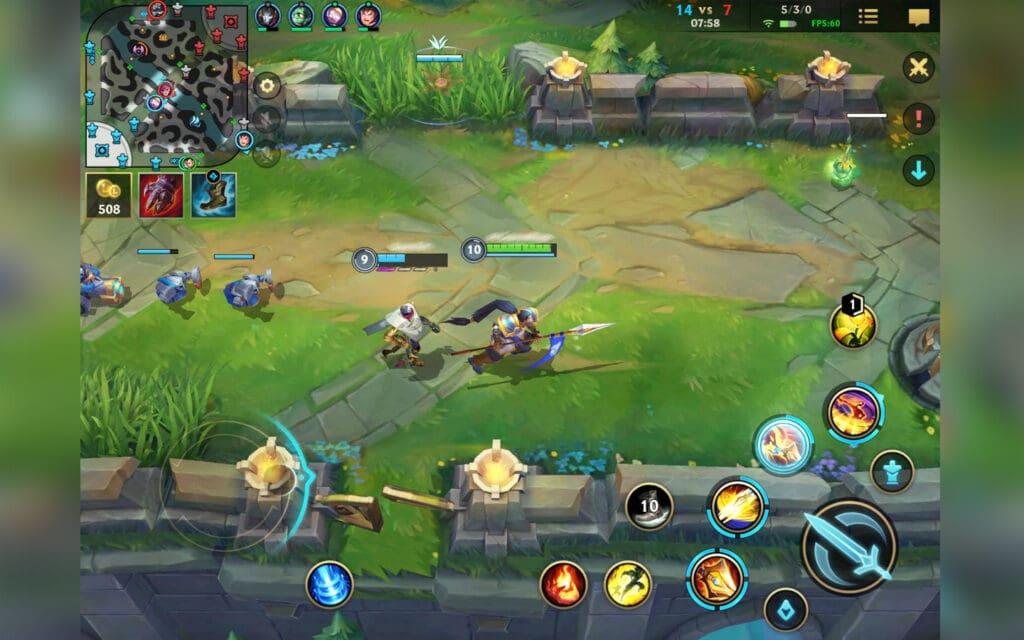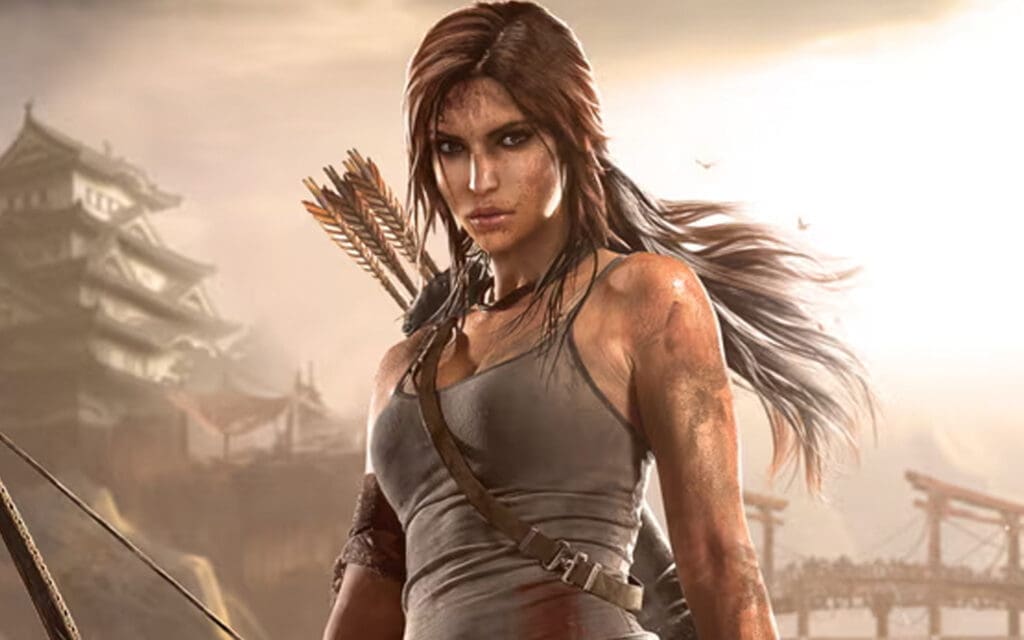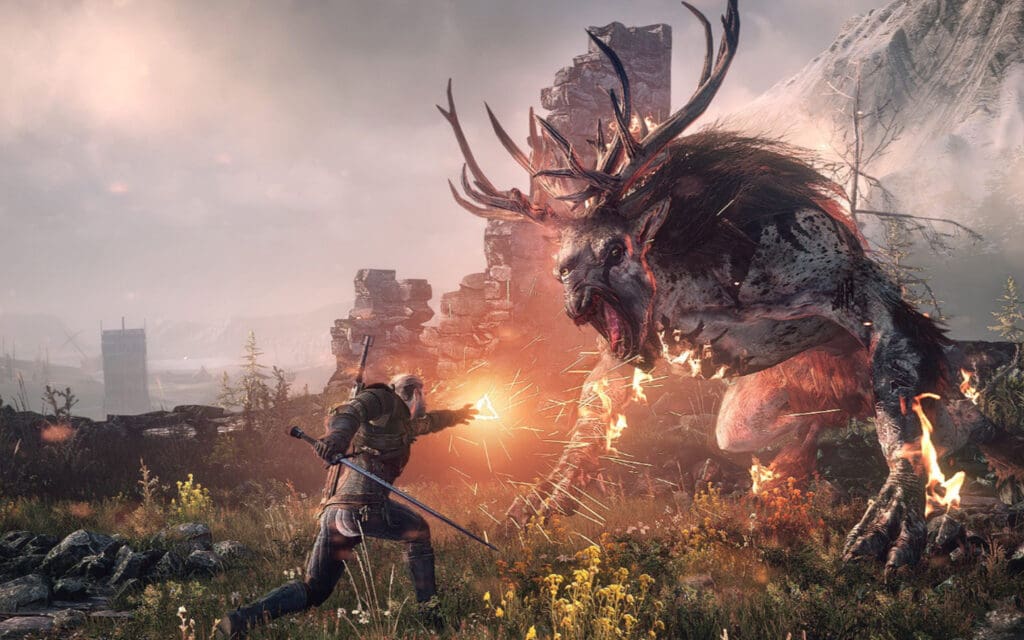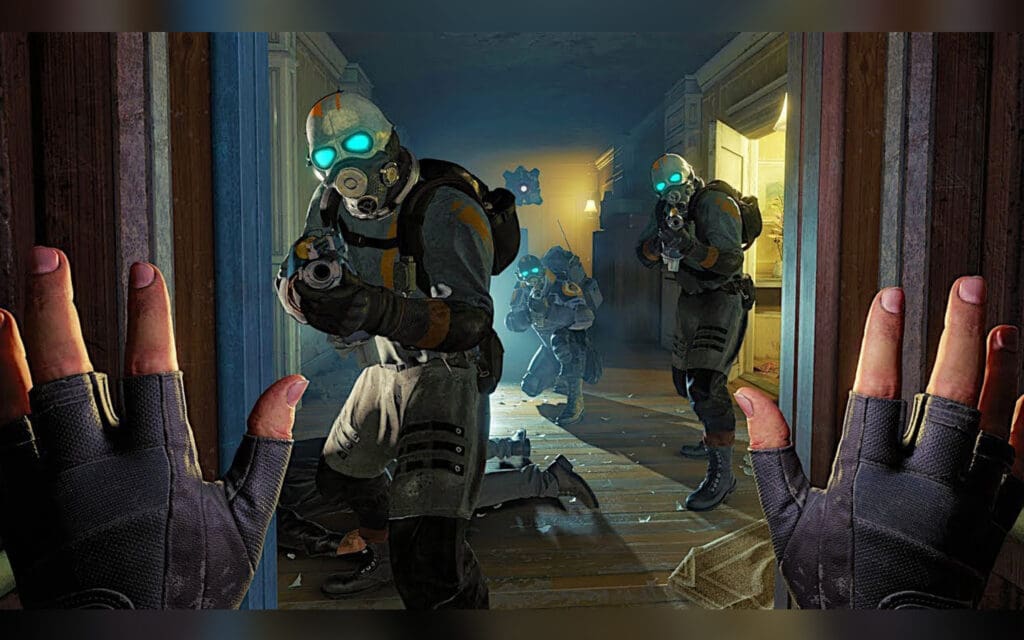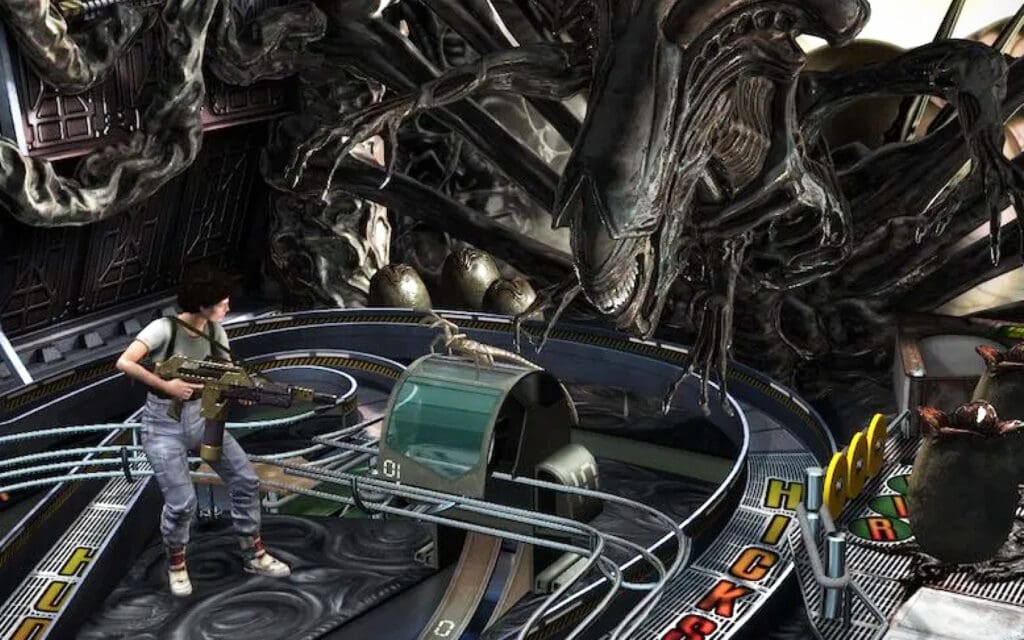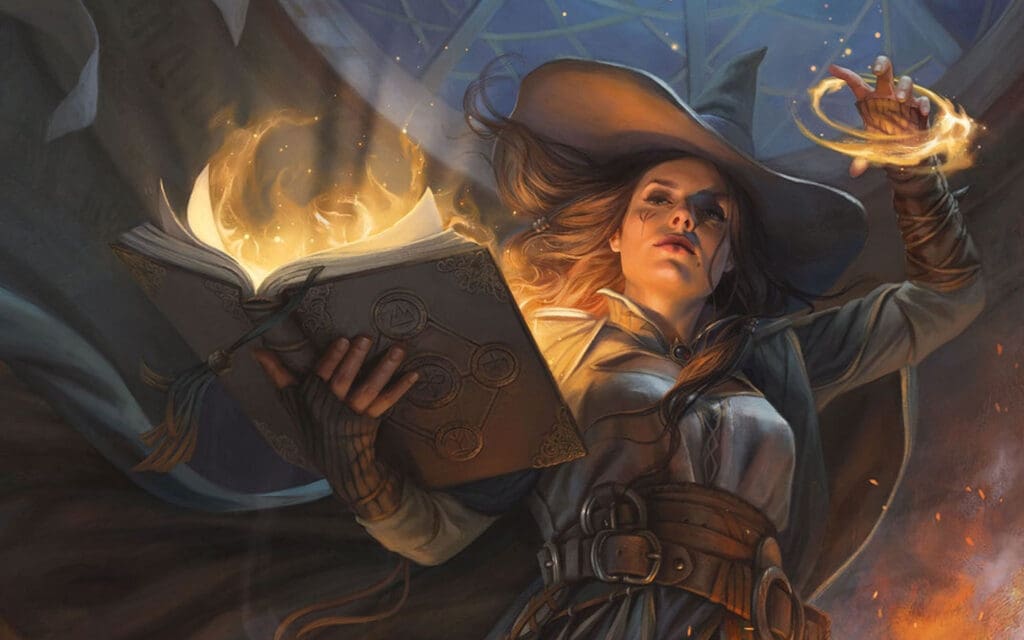Some of the earliest game studios started some of the biggest franchises in video game history. We’re talking Ultima, Tony Hawk, Fallout, King’s Quest, Fable, and more. Unfortunately, with success comes the inevitable acquisitions. Larger companies like Electronic Arts are notorious for absorbing smaller developers and then eventually dissolving them.
So while these studios are no longer around, their mark on video game history is indelible. Join us as we take a look at our favorite 10 video game studios that no longer exist. RIP.
Sierra Entertainment
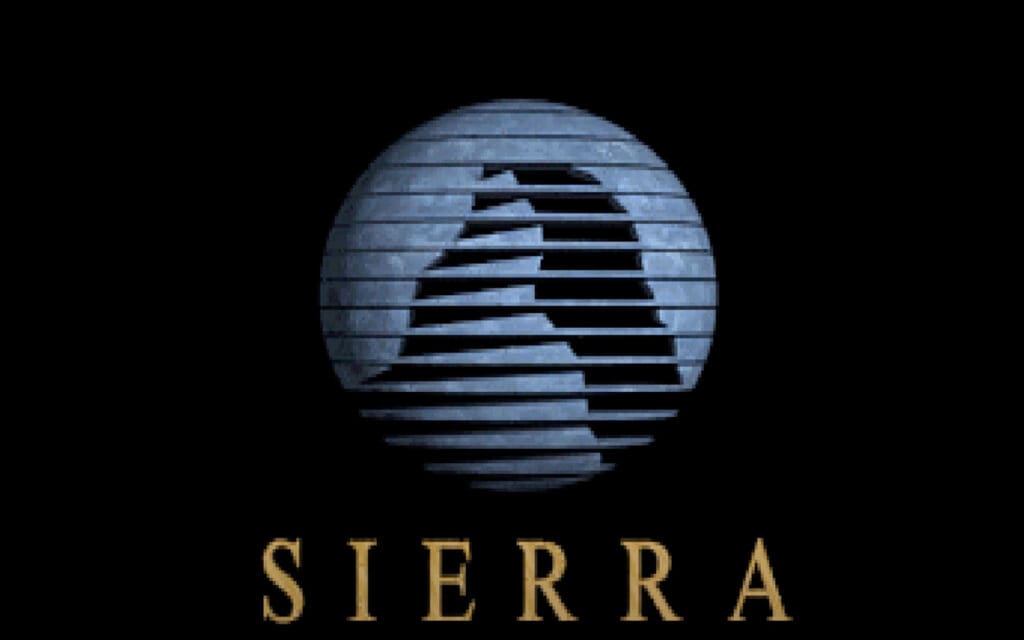
Sierra Entertainment (formerly On-Line Systems and Sierra On-Line, Inc.) was based in Oakhurst, California, and was founded by Ken and Roberta Williams in 1979. They are known for pioneering the graphic adventure game genre. Some of their standout titles and series are King’s Quest, Quest for Glory, and the irreverent Leisure Suit Larry.
Sierra was acquired by CUC International in 1996, though continuing incredible work such as publishing Valve’s Half-Life series. CUC was caught in an accounting scandal in 1998 and many of the original team, including Ken and Roberta Williams, left.
Origin Systems Inc
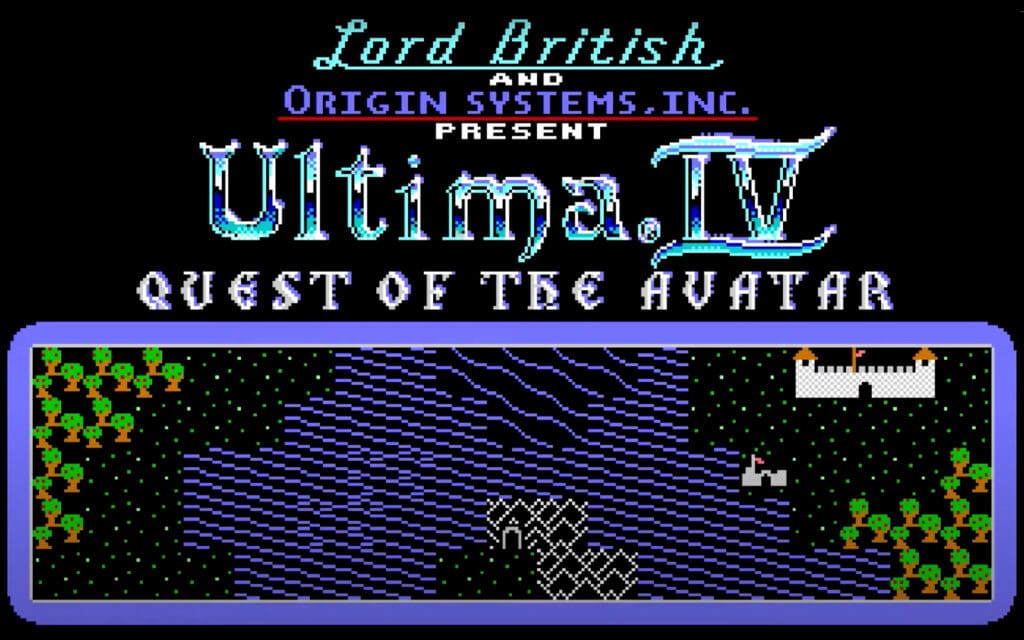
Origin Systems, Inc., was based in Austin, Texas. The company was founded by brothers Richard and Robert Garriott in 1983, with their astronaut-engineer father Owen, and programmer Chuck Bueche. It started in the Garriotts’ garage in Houston.
Origin’s first title was Ultima III: Exodus, based on the reputation of the Ultima series created by Richard. Also notable was its Wing Commander series. By 1992, the company had sold more than 1.5 million units worldwide and was acquired by Electronic Arts. In 2000, due to Ultima IX’s poor reception, EA canceled Origin’s new development projects. Richard left and founded Destination Games in 2000.
Black Isle Studios
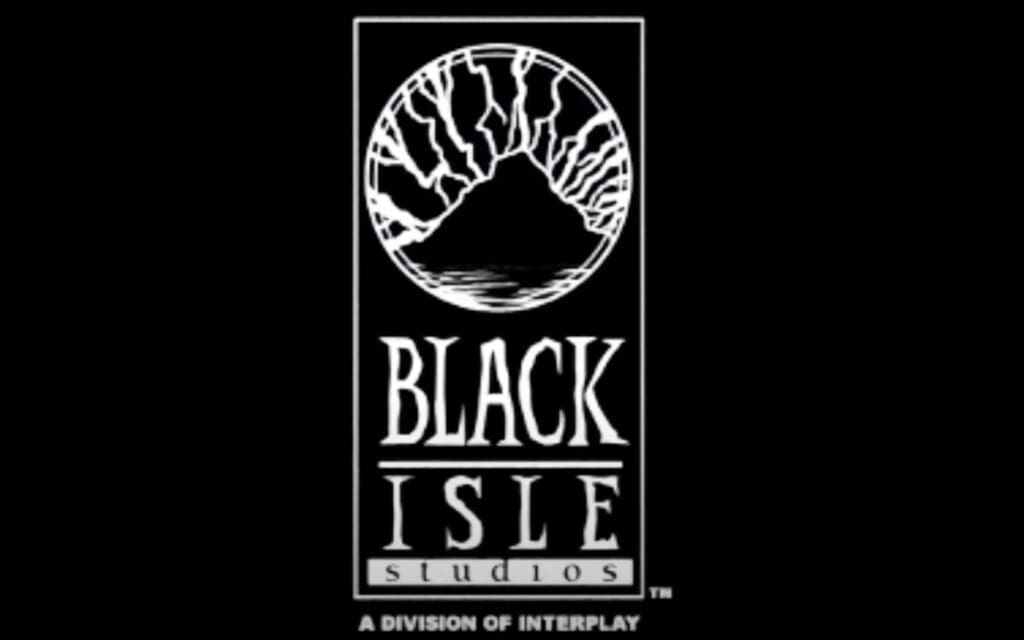
Black Isle Studios was founded in Irvine, California in 1996 by Feargus Urquhart, who named it after Black Isle in his homeland of Scotland. The company became an RPG powerhouse, developing the original two Fallout games, and publishing BioWare’s Baldur’s Gate series.
The company was a division of Interplay Entertainment and ran into financial trouble. Black Isle was shut down by their parent company in 2003. Highly anticipated games such as Fallout 3 were canceled. The studio was revived in 2012 to work on a new project, but nothing resulted. However, Black Isle released Baldur’s Gate: Dark Alliance remastered in 2021.
Acclaim Entertainment
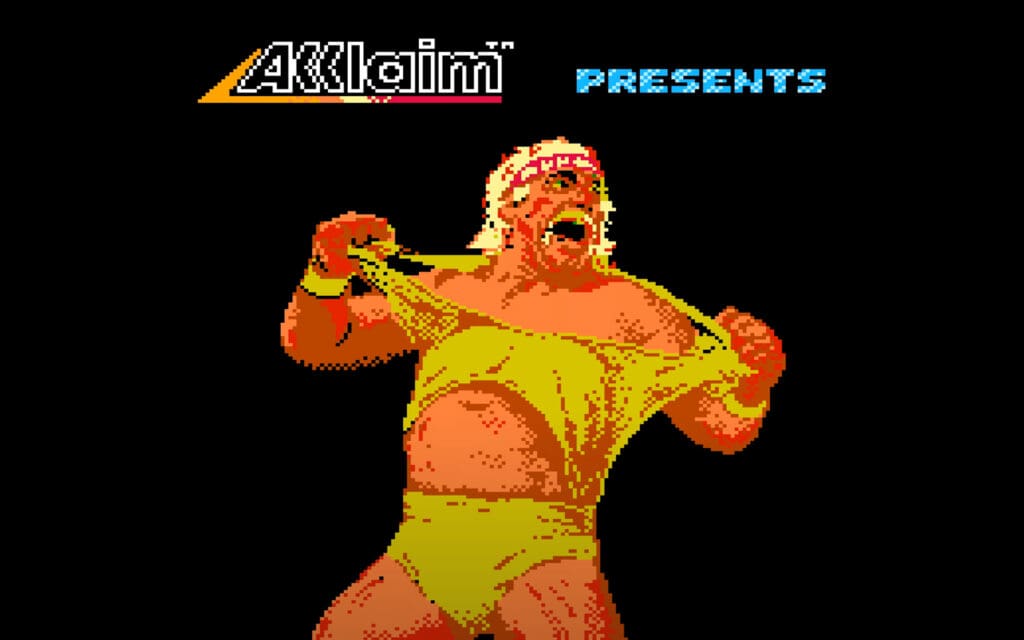
Acclaim Entertainment was founded in Oyster Bay, New York, by Greg Fischbach, Robert Holmes, and Jim Scoroposki. They launched in 1987 in a storefront, and relocated to Glen Cove. The company was massively successful in publishing titles based on movies and TV series such as Alien, Robocop, The Simpsons, and South Park to name only a few.
Acclaim also had successful ports like Mortal Kombat and WWF Wrestlemania, and popular original titles. But questionable decisions and a sales slump hammered Acclaim in 2003. The company filed for Chapter 11 bankruptcy in 2004. Acclaim began selling off its IPs in 2005.
Neversoft Entertainment
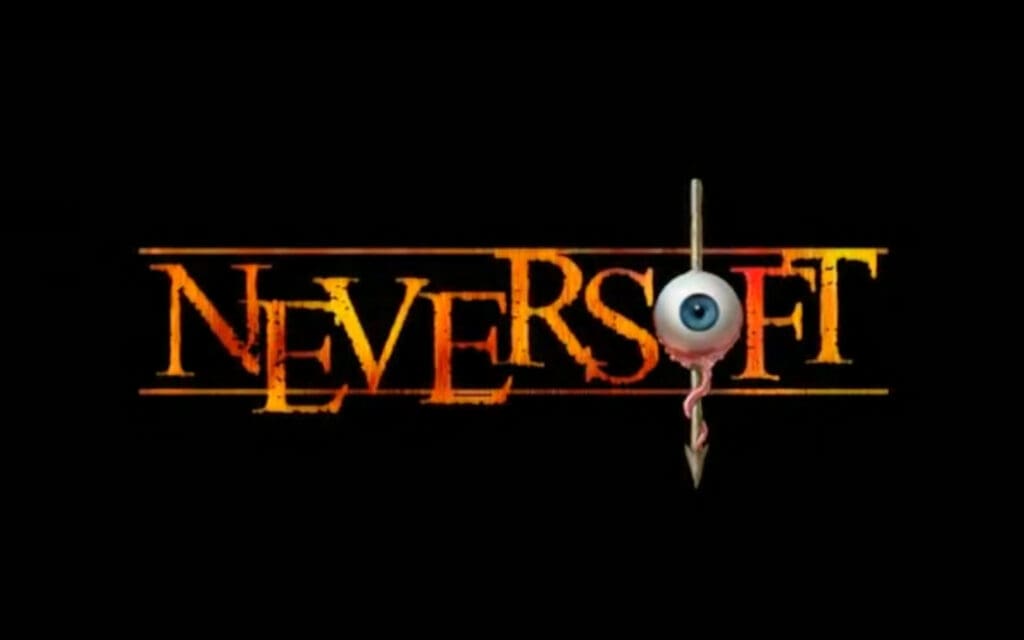
Neversoft Entertainment was founded in Woodland Hills, California by by Joel Jewett, Mick West, and Chris Ward in 1994. The company became synonymous with excellent multiplayer games. Neversoft captured the attention of Activision in 1998 and entered a deal to create what became Tony Hawk’s Pro Skater. The game’s success prompted Activision to acquire Neversoft.
Activision acquired Guitar Hero in 2006 and tasked Neversoft with continuing the franchise. But in 2010, they brought in another developer and laid off 50 employees. In May 2014, Activision merged the studio with Infinity Ward, calling it a “super-studio.” But then made Neversoft defunct in July.
Interplay
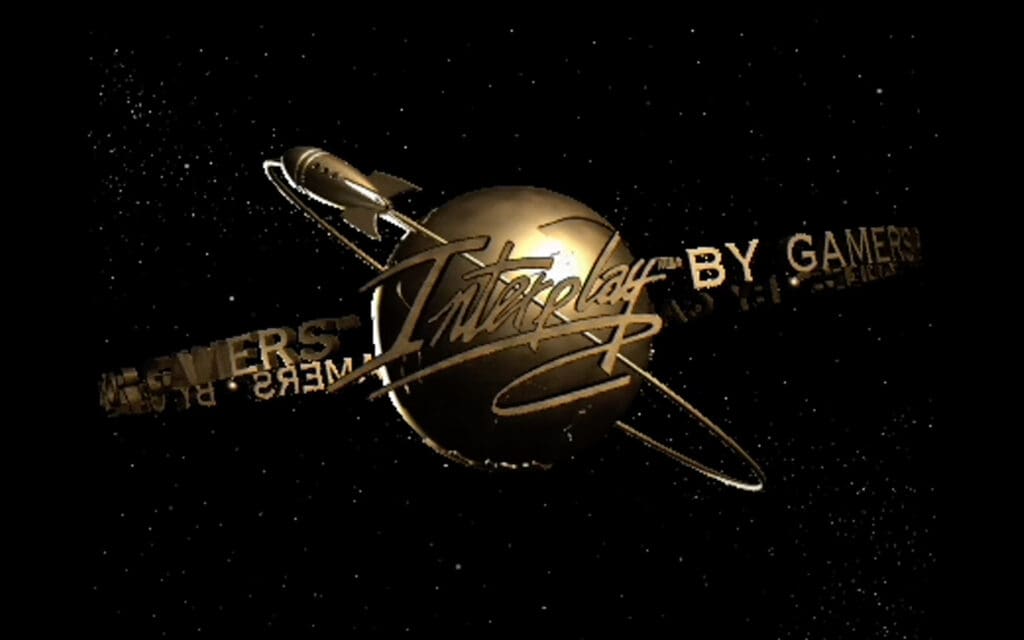
Interplay Entertainment Corp. was founded in 1983 in Los Angeles, California by developers Brian Fargo, Jay Patel, Troy Worrell, Rebecca Heineman, and investor Chris Wells. The company is best known for creating the video game series Fallout, Baldur’s Gate, and Descent. It’s also known for licensed game series such as Star Trek and Dungeons & Dragons.
But beginning in 1998, Interplay’s financial woes became dire, and the company went public on the NASDAQ to avert bankruptcy. Still, losses continued. The company began selling off rights to its popular franchises, becoming a pale shadow of its former self.
Lionhead Studios
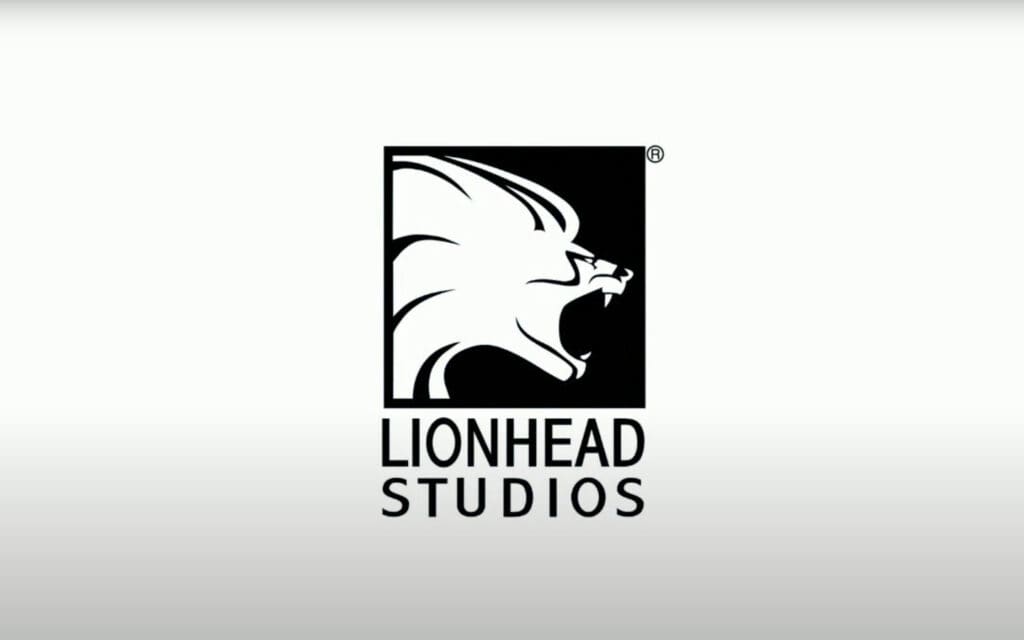
Lionhead Studios was founded in 1997 in Guildford, England by Peter Molyneux, Mark Webley, Tim Rance, and Steve Jackson. The company was known for its distinctly British video games. Lionhead was known for its RPG series Fable, which remains one of Xbox’s biggest exclusives, and the god video game Black & White.
Lionhead and into financial trouble in 2006 and was acquired by Microsoft. A day called “Black Monday” occurred in 2012, when several veterans resigned. The final blow came in 2016 when Microsoft announced it was canceling Fable Legends and proposed closing Lionhead Studios, which occurred not long after.
LucasArts
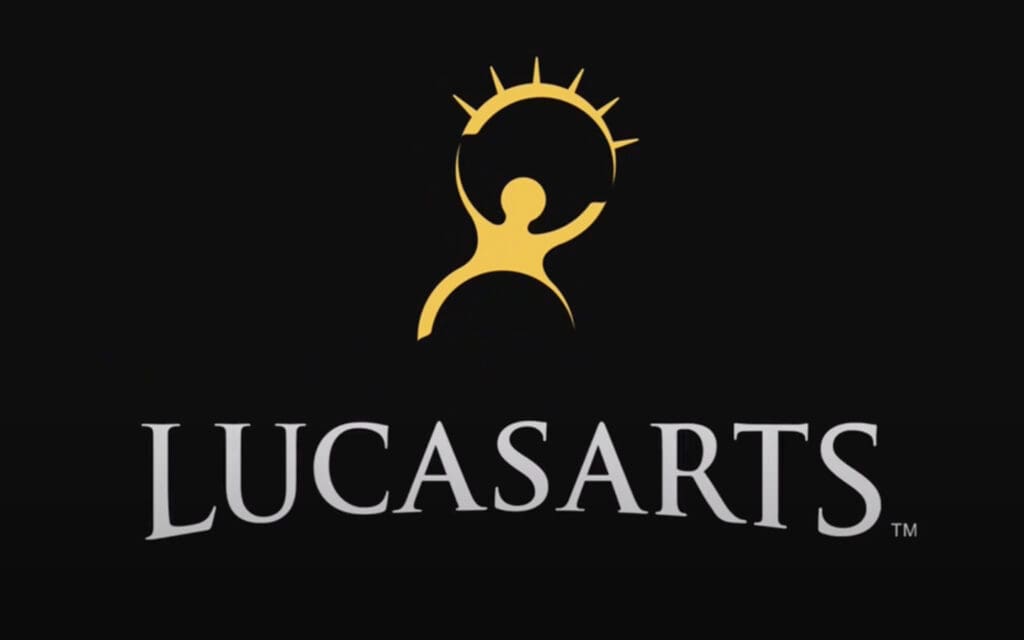
LucasArts was founded as a subsidiary of Lucasfilm in 1982 by George Lucas in San Francisco, California. The overwhelming popularity of their Star Wars games, as well as their Indiana Jones games, elevated the company to prominence. LucasArts ended in 2012 when Disney acquired the company and closed the studio in all but name in 2013.
Even though the early games were mostly point-and-click adventure games, fans still adore them today. Some of the most beloved titles were Maniac Mansion, The Secret of Monkey Island, and Loom. In 2021, Disney resurrected the brand as Lucasfilm Games, solely as a licensor of Lucasfilm properties.
Westwood Studios
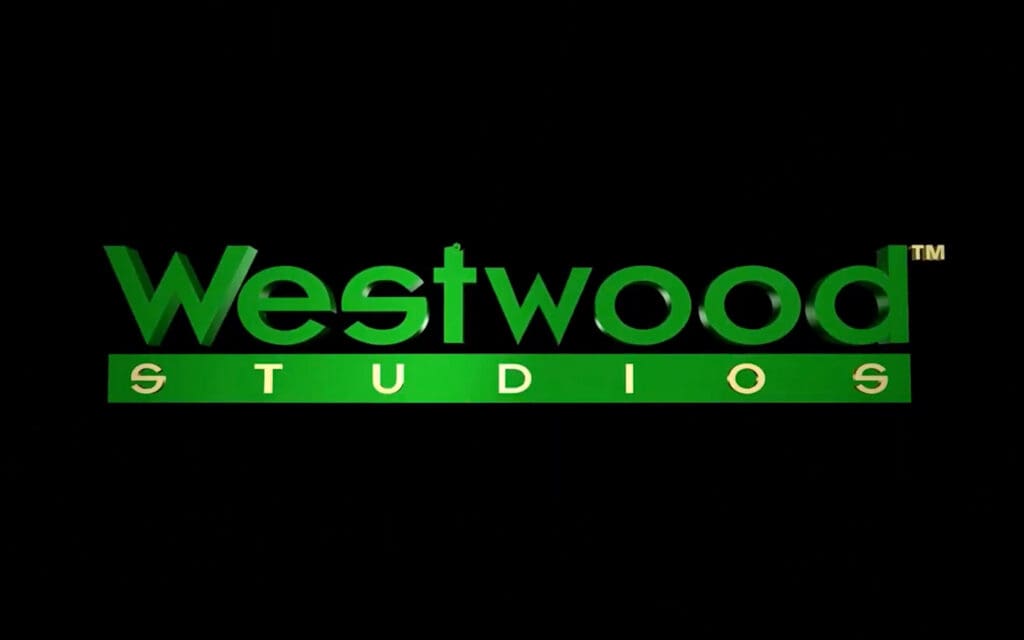
Westwood Studios was founded in 1985 by Brett Sperry and Louis Castle in Las Vegas, Nevada. The company was known for excellence in creating real-time strategy, adventure, and role-playing games. Their greatest successes came in the 1990s, creating the Command & Conquer franchise, Eye of the Beholder, Dune II, and the Lands of Lore series.
Westwood was acquired by Electronic Arts in 1998. Eventually, EA pressured Westwood to make every game a hit. In January 2003, EA closed Westwood’s Vegas headquarters, merging the company into EA Los Angeles, and laying off most employees. Westwood was shuttered by the end of March.
Read More: 90s Video Game Controversies That Are Absurd By Today’s Standards
Telltale Games
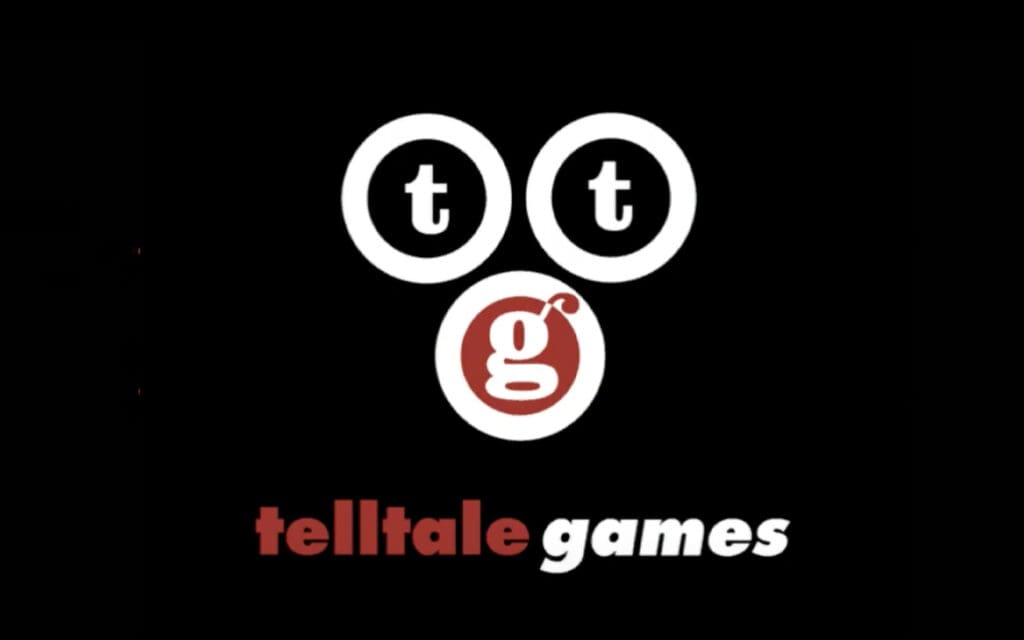
Telltale Games was founded in 2004 in San Rafael, California. LucasArts’ decision to leave the adventure game genre prompted 3 former developers, Kevin Bruner, Dan Connors, and Troy Molander, to establish their own company. They created the Telltale Tool, a proprietary game engine.
Telltale Games’ initial small successes were Sam & Max, Wallace & Gromit, Homestar Runner, and Bone. Around 2010, they had successes with Back to the Future and Jurassic Park. Their breakaway hit was 2012’s The Walking Dead. On September 21, 2018, Telltale suddenly announced a “majority studio closure,” letting go of 90% of its workforce that day. A 25-person core team was retained to fulfill obligations.
Midway Games
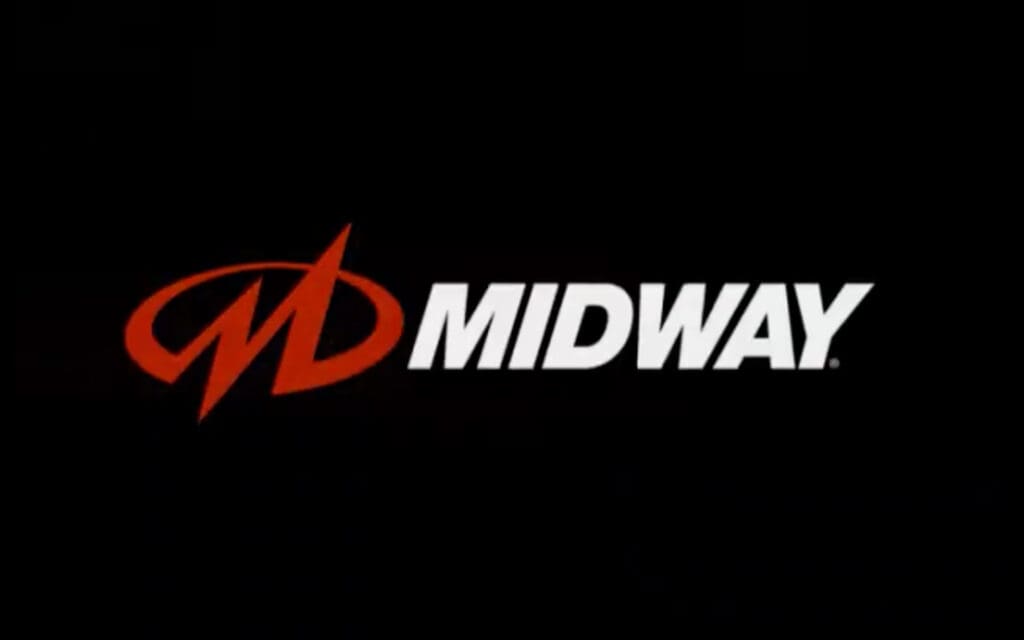
Midway Games Inc.’s history precedes the video game era. It was founded as Midway Manufacturing in 1958 by Henry Ross and Marcine Wolverton as an amusement game manufacturer. Bally Manufacturing purchased the company in 1969, venturing into interactive entertainment in 1973. Its first huge hit was Space Invaders in 1978.
In 1988, Bally used the name Midway for its video games. Original franchises Mortal Kombat and Rampage, as well as licensed franchises such as Gauntlet and Pac-Man, were hugely successful. In the mid-2000s, Midway suffered heavy losses and racked up debt. Midway filed for Chapter 11 bankruptcy in 2009, selling most of its assets to Warner Bros.

